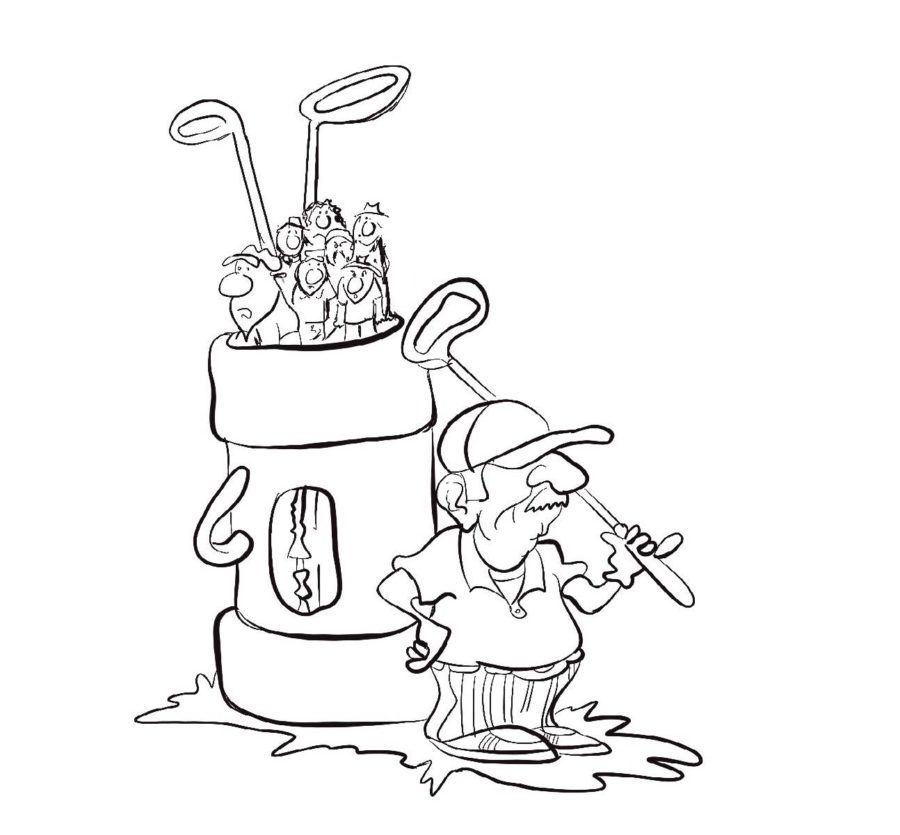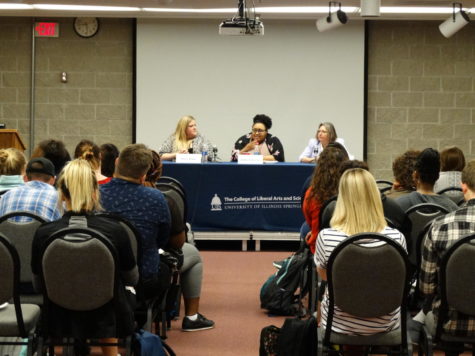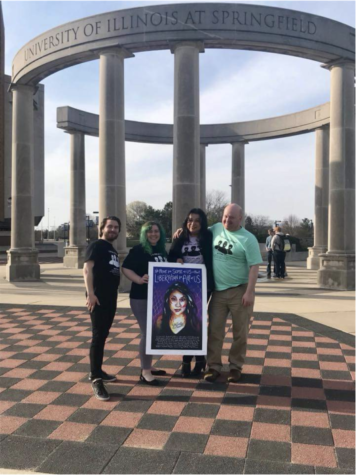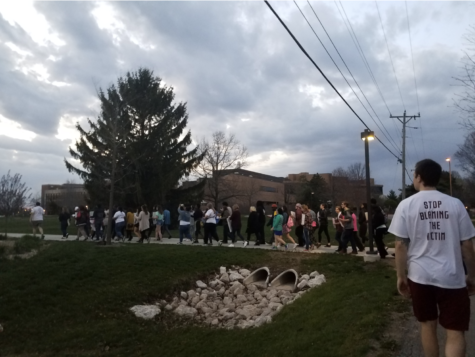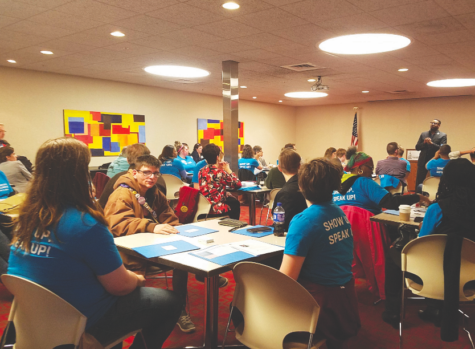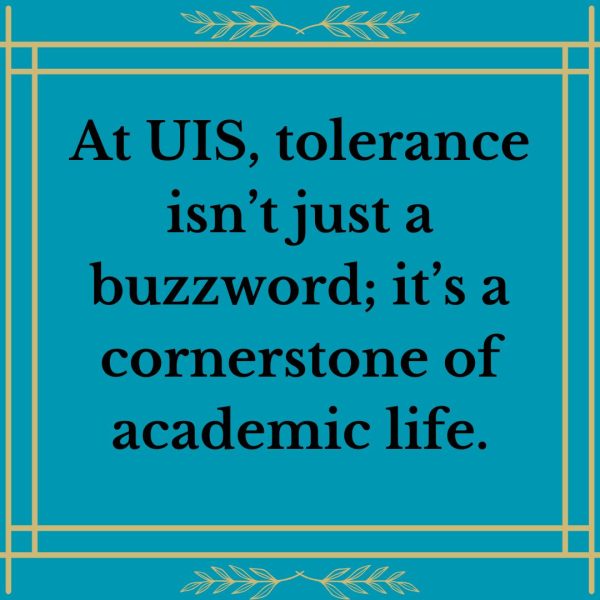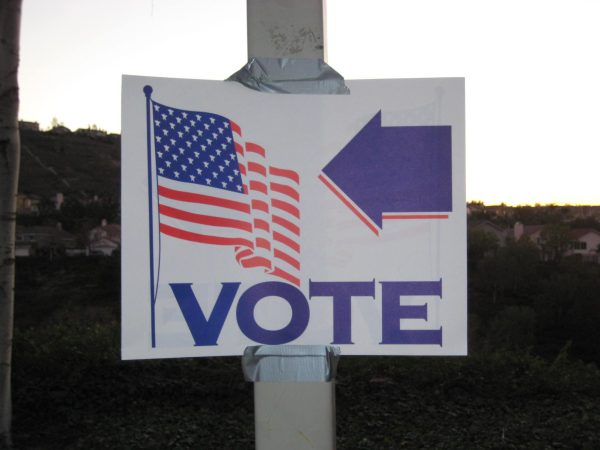Augusta National Golf Club
Whiteness and maleness, the values golf holds most dear
The Masters Golf Tournament ended last week. And as perfect as the golf course looked on television, lying inside the grounds of Augusta National is a golf club that is far from perfect. For at the end of Magnolia Lane sits one of the most socially backward places in America.
Augusta National, which was founded in 1933, did not allow a female member until 2012, when it admitted Condoleezza Rice and Darla Moore to its membership. The golf world celebrated Augusta for admitting female members, but I would hardly call it cause for celebration. It took almost 80 years for one of golf’s most famous clubs to allow a single woman member. That’s an embarrassment, and representative of how little progress has been made in the golf world.
The blatant racism still alive and well in the sport shines most clearly on the perfectly groomed fairways of Augusta. The first black member of Augusta National was Ron Townsend, who was admitted in 1990. The club has about 300 members, and almost all of them are white men.
However, the exceptionally limited number of black members aren’t the only black people on the grounds at Augusta. The almost exclusively white, male club employees mostly black men.
When the Masters first started, golfers were forced to use a caddy from the club for the tournament, all of whom were black males. Clifford Roberts, a co-founder of Augusta National once said, “As long as I’m alive, all the golfers will be white and all the caddies will be black.”
Of course, Roberts has long since passed away, but you can see how that policy perpetuates itself. The city of Augusta has a high black population and a high rate of poverty, and thus many of the employees’ children grow up to work at Augusta just as their fathers did.
The image of poor black people carrying things around for rich, white men all day is one that is hardly unfamiliar to American history, especially in the state of Georgia.
These sentiments aren’t exclusive to Augusta in the golf world. I’ve worked at numerous country clubs, and I can’t count the number of times I’ve heard the N-word in conversation or in passing from people who have never felt what it is like to be a part of anything but the most privileged group in America.
And I am embarrassed to think about how many times young female employees have been harassed by male members who should certainly know better.
As I have gotten older, I am increasingly embarrassed by the social climate of the sport I loved growing up. And leadership at the governing bodies of golf tend to turn a blind eye to these social issues, pretending that because we have Tiger Woods, racism no longer exists in the sport.
Of course, that isn’t true. And if golf’s governing bodies continue to ignore the social issues still painfully apparent within the sport, I fear the end of golf in America is near.


